My Generation – The Who
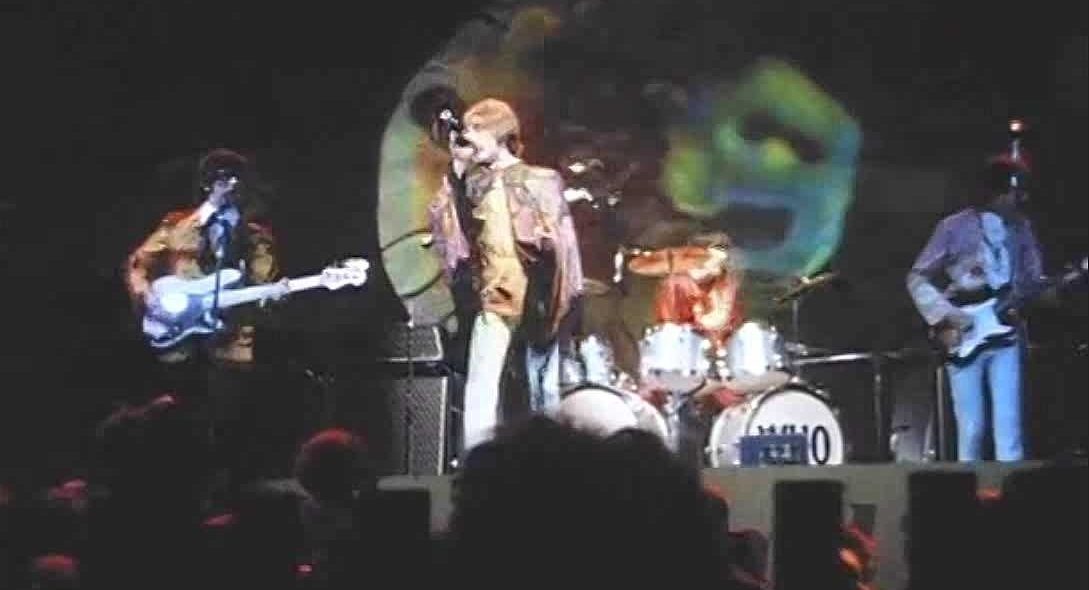
The Who’s My Generation is an all-time great classic rock song, but it’s also pretty tame. Unfortunately, when it was released in 1965, the BBC didn’t think it was so harmless. It wasn’t the track’s rebellious attitude that got it banned from BBC radio, instead, it was thought that the stutter on “Why don’t you all f-fade away” would offend people with speech difficulties.
Relax – Frankie Goes to Hollywood
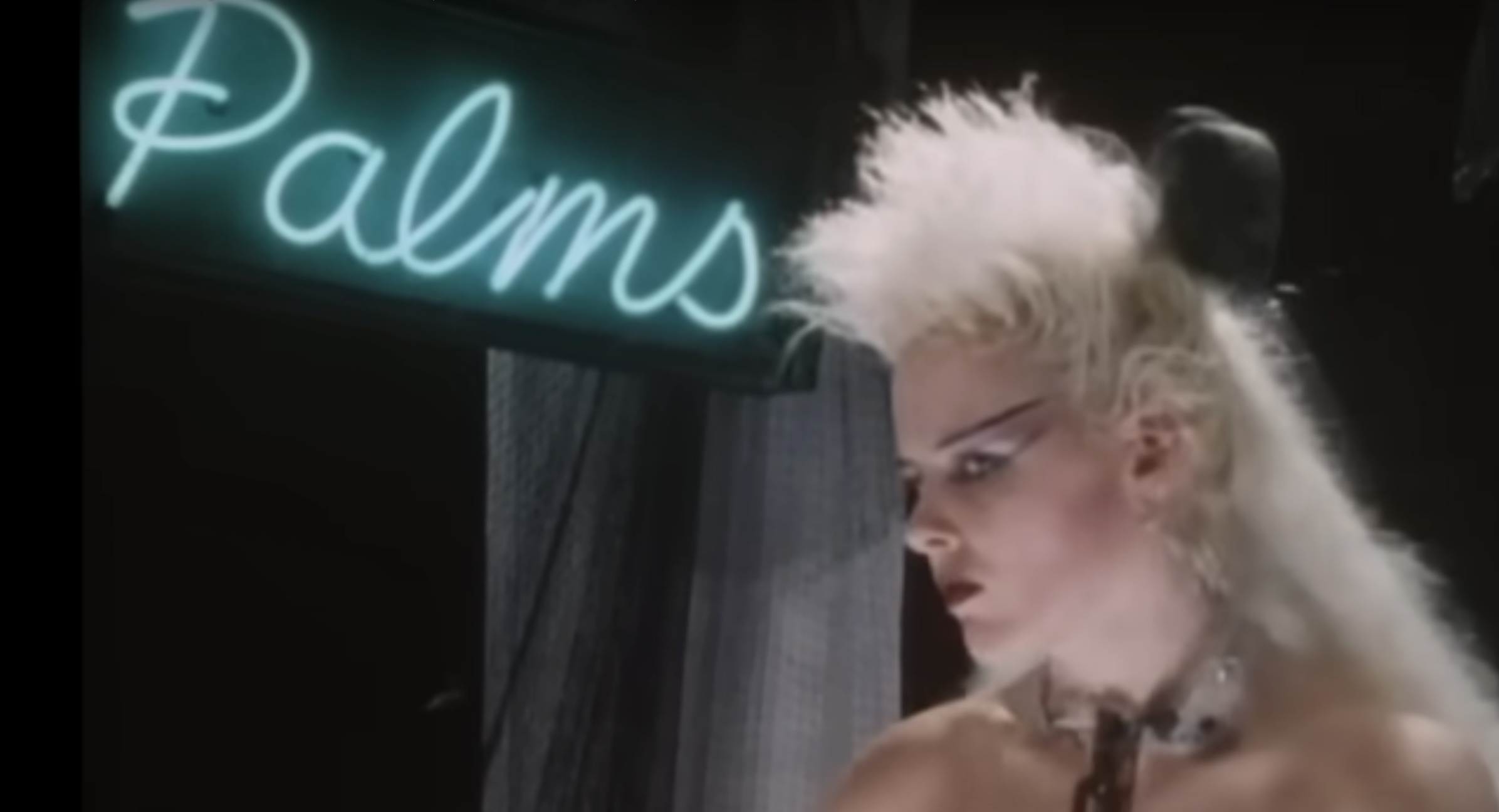
Relax by Frankie Goes to Hollywood was so instantly controversial that Radio One DJ Mike Read pulled the song off the air before it had even finished playing for the first time. The reason for the scandalised response? The song was just too suggestive. Of course, today the track is heralded as an undisputable anthem, and it doesn’t seem half so racy as it once did.
Justify My Love – Madonna
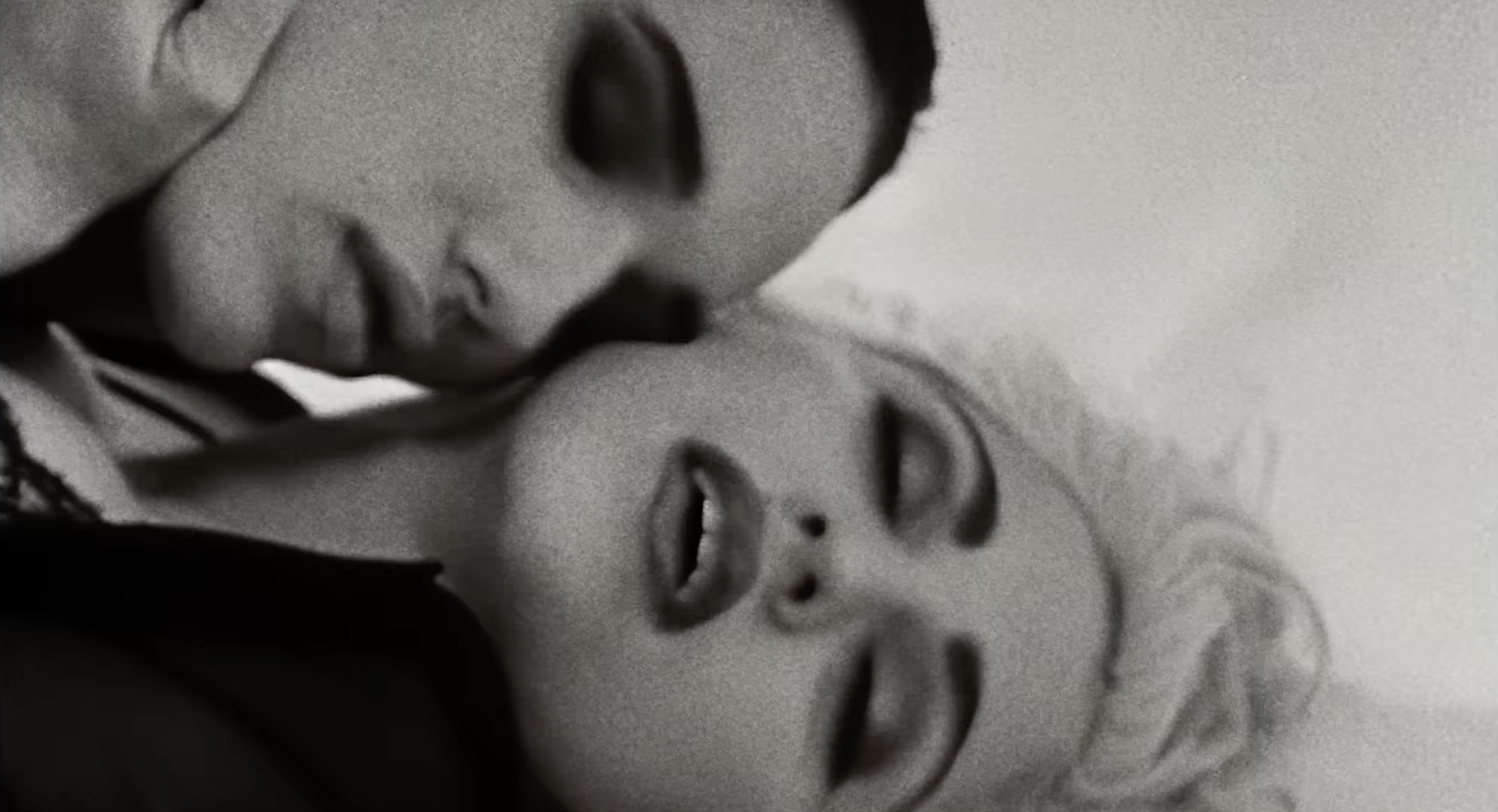
Madonna pushed boundaries and flirted with controversy all throughout her career, but Justify My Love was so scandalous that it even created a whole new format. The music video for the track was so spicy that MTV refused to play it, leading to the Queen of Pop releasing the world’s first music video VHS single. The format didn’t stick around, but the song sure did.
Judas – Lady Gaga
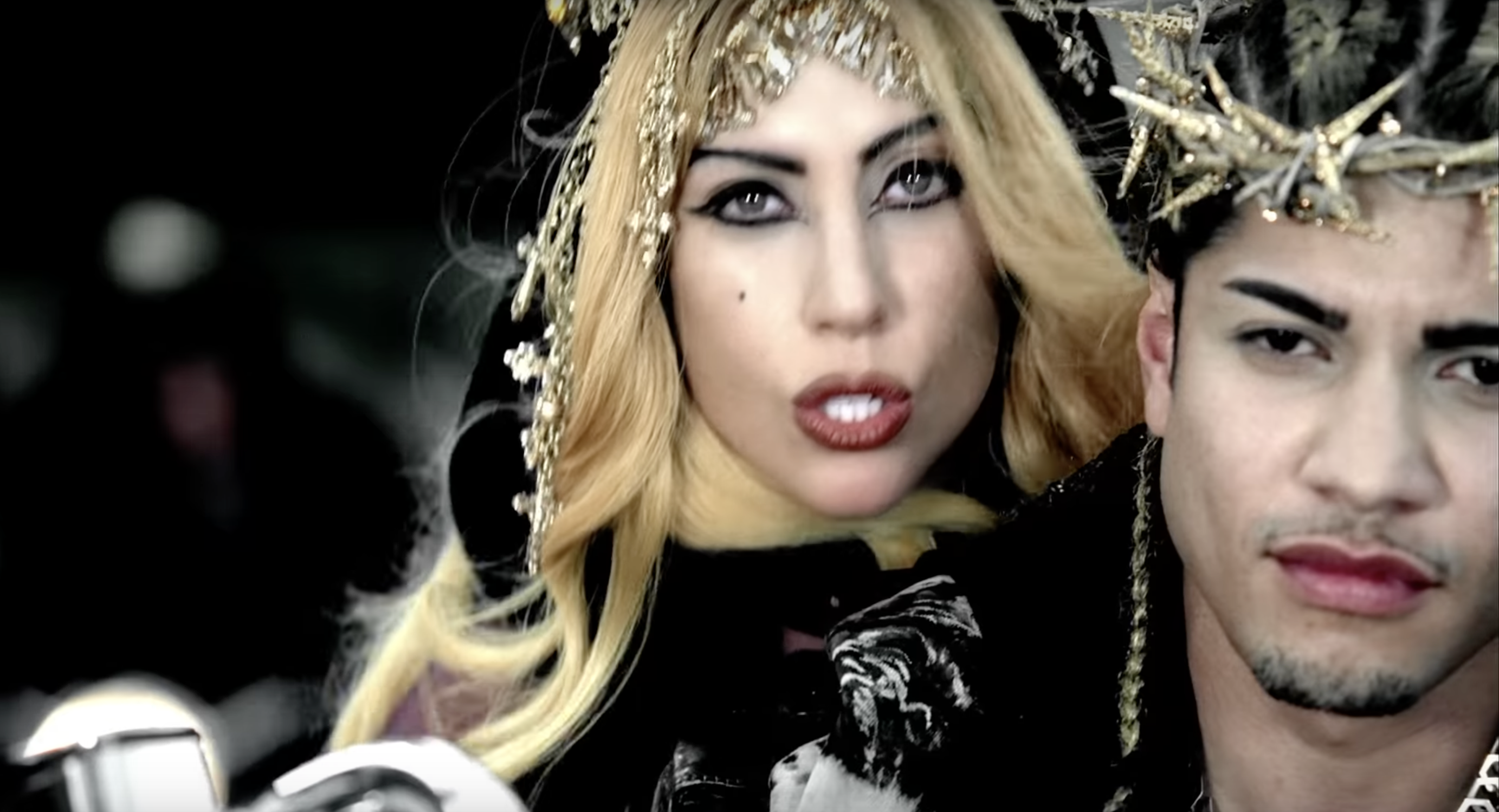
Lady Gaga is another artist who has never been afraid of angering the public. However, when she released her single Judas in 2010, the outrage against her reached a new fever pitch. The track was released over Easter weekend and was instantly banned in Lebanon, to the extent that copies of Born This Way were confiscated at Beirut International Airport.
Waterloo – ABBA
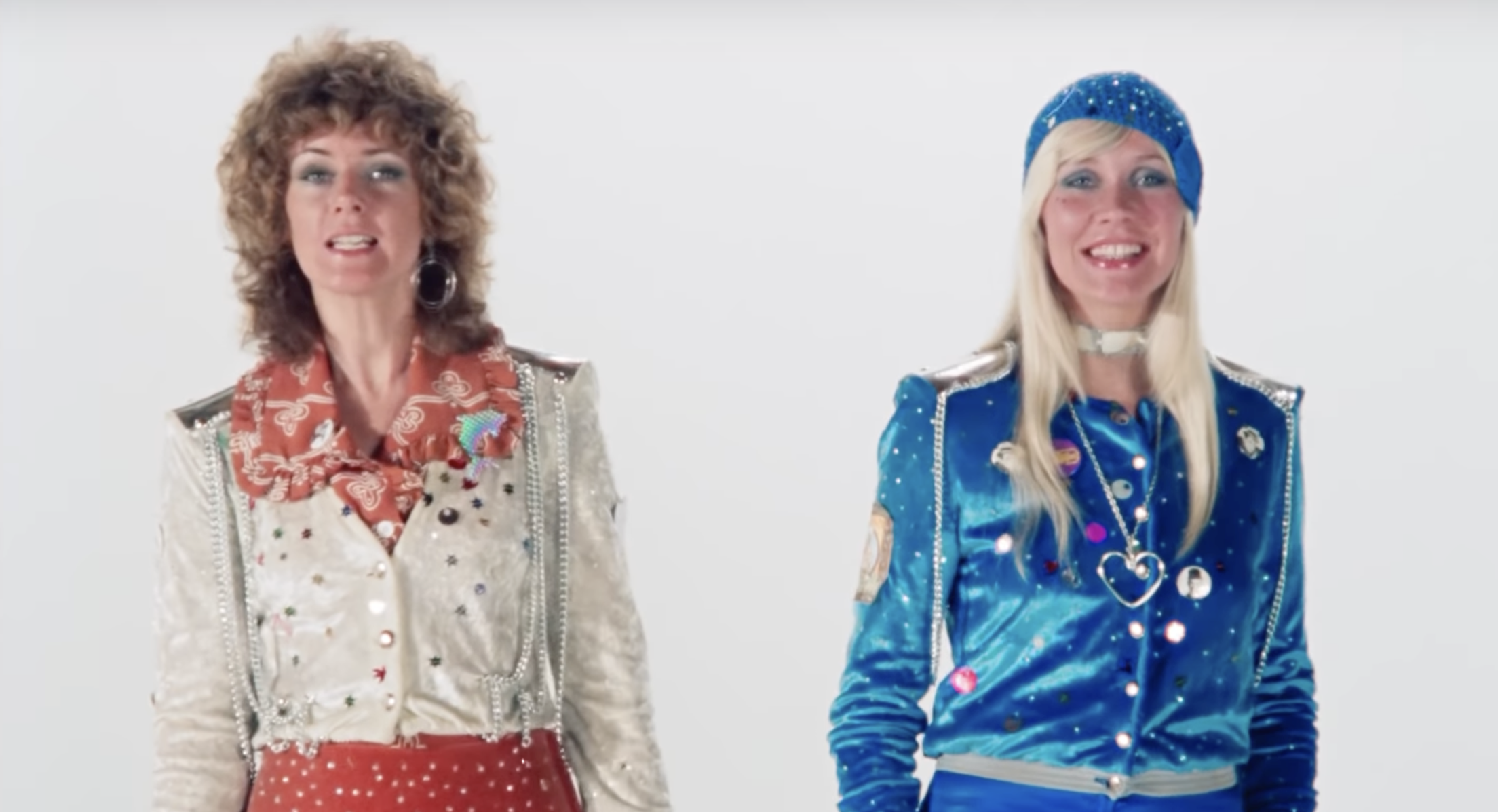
You might think that Waterloo by ABBA is one of the most inoffensive tracks there is. After all, it’s a fluffy love song with an extremely silly central metaphor and an impossible not to sing along to chorus. Nevertheless, the BBC banned the song for the duration of the Gulf War, due to its use of imagery to do with battles and fighting.
Happiness is a Warm Gun – The Beatles
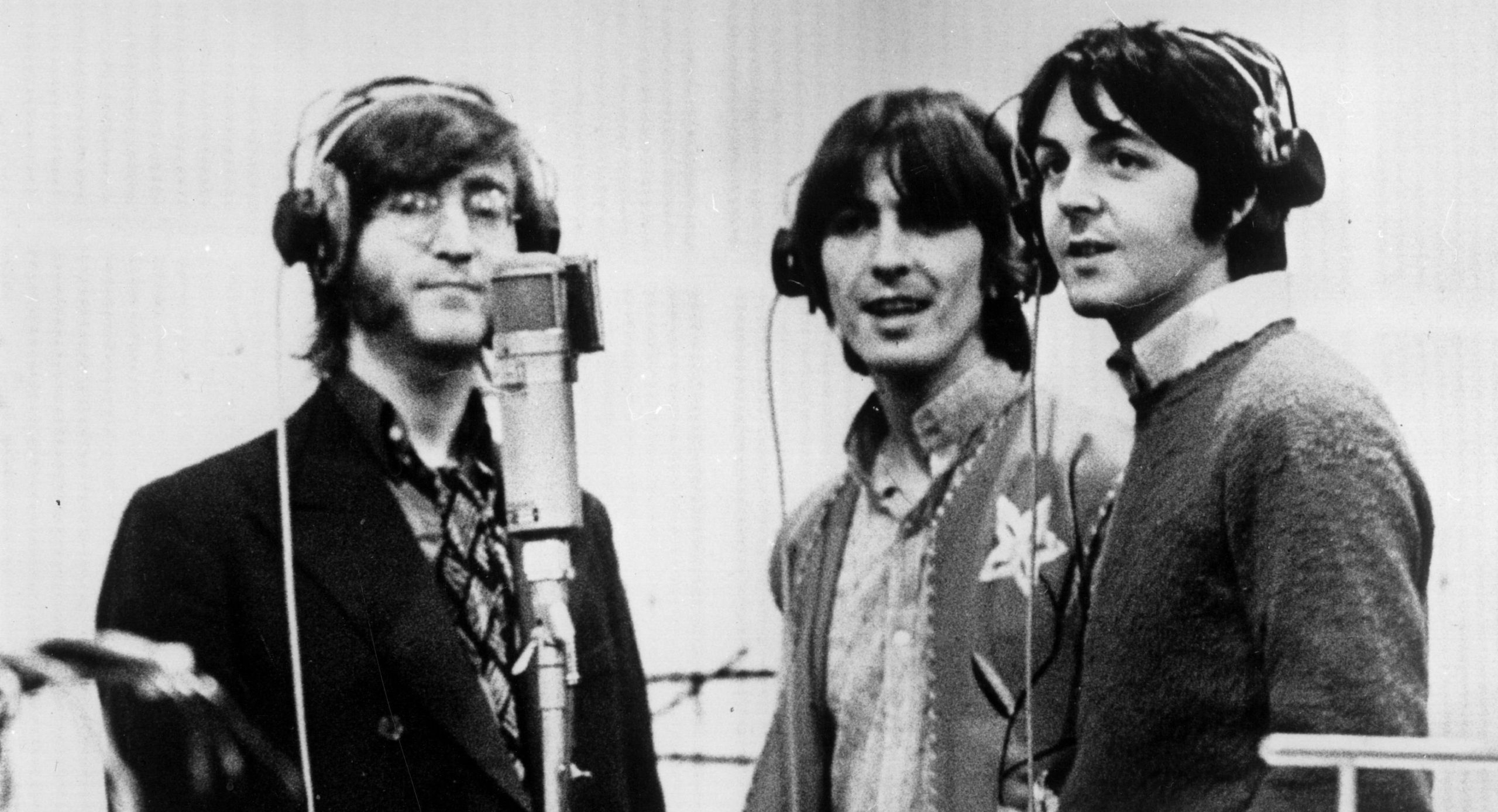
Lots of Beatles songs have eminently family-friendly language on the face of it but are actually about substances and psychedelia underneath. Maybe that’s why the BBC jumped the literal gun and banned 1968’s Happiness is a Warm Gun for incorrectly assuming it was, as John Lennon claimed: “about shooting up drugs.” In truth, the track is about Lennon’s desire for Yoko Ono.
Fascist Groove Thang – Heaven 17
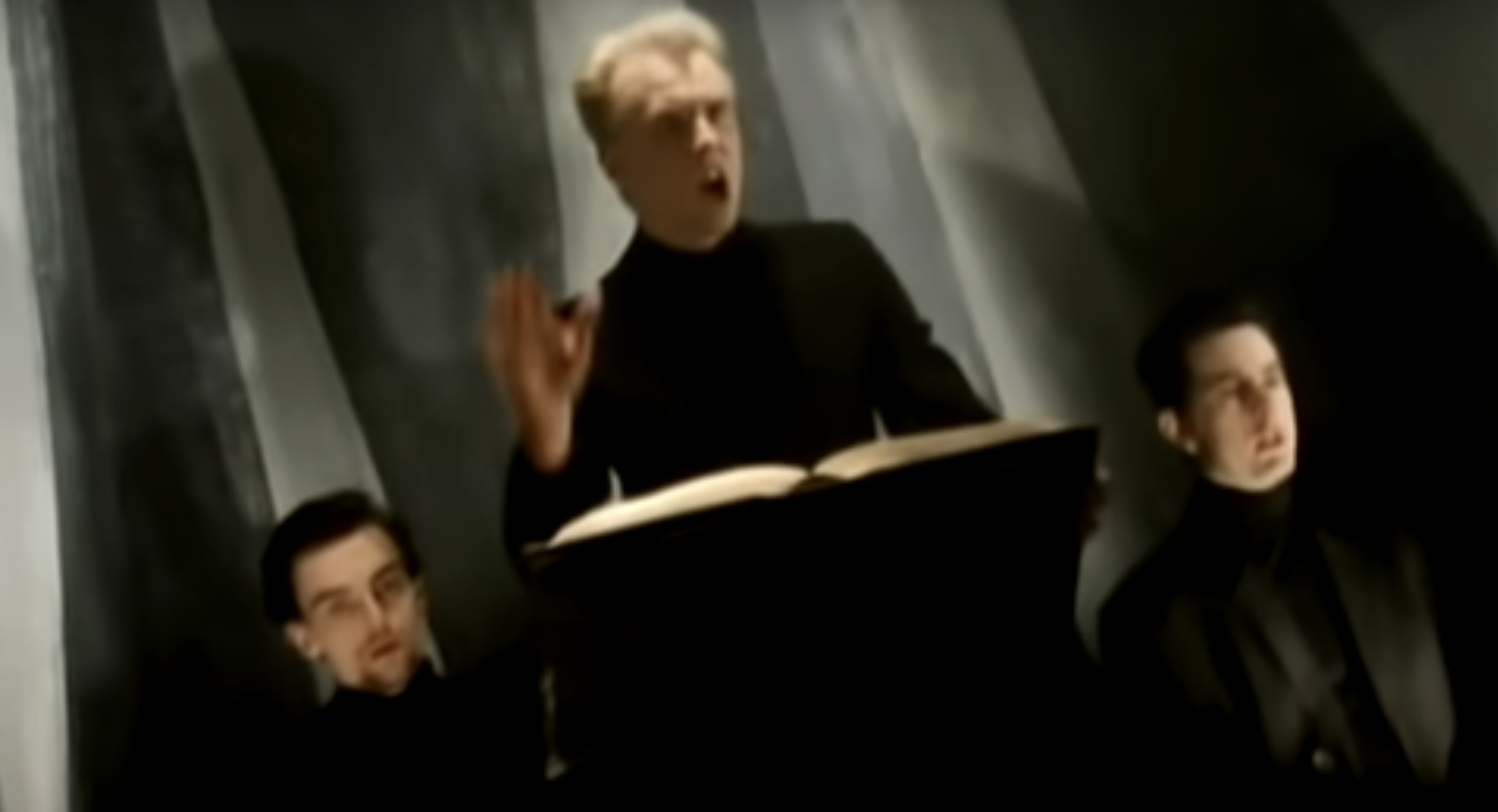
In all honesty, it’s not difficult to see why Heaven 17’s (We Don’t Need This) Fascist Groove Thang was banned by the BBC. The station believed that playing the song would leave them open to international repercussions from America, given that the song implied that then-President Ronald Reagan was a “fascist god in motion.”
Physical – Olivia Newton-John
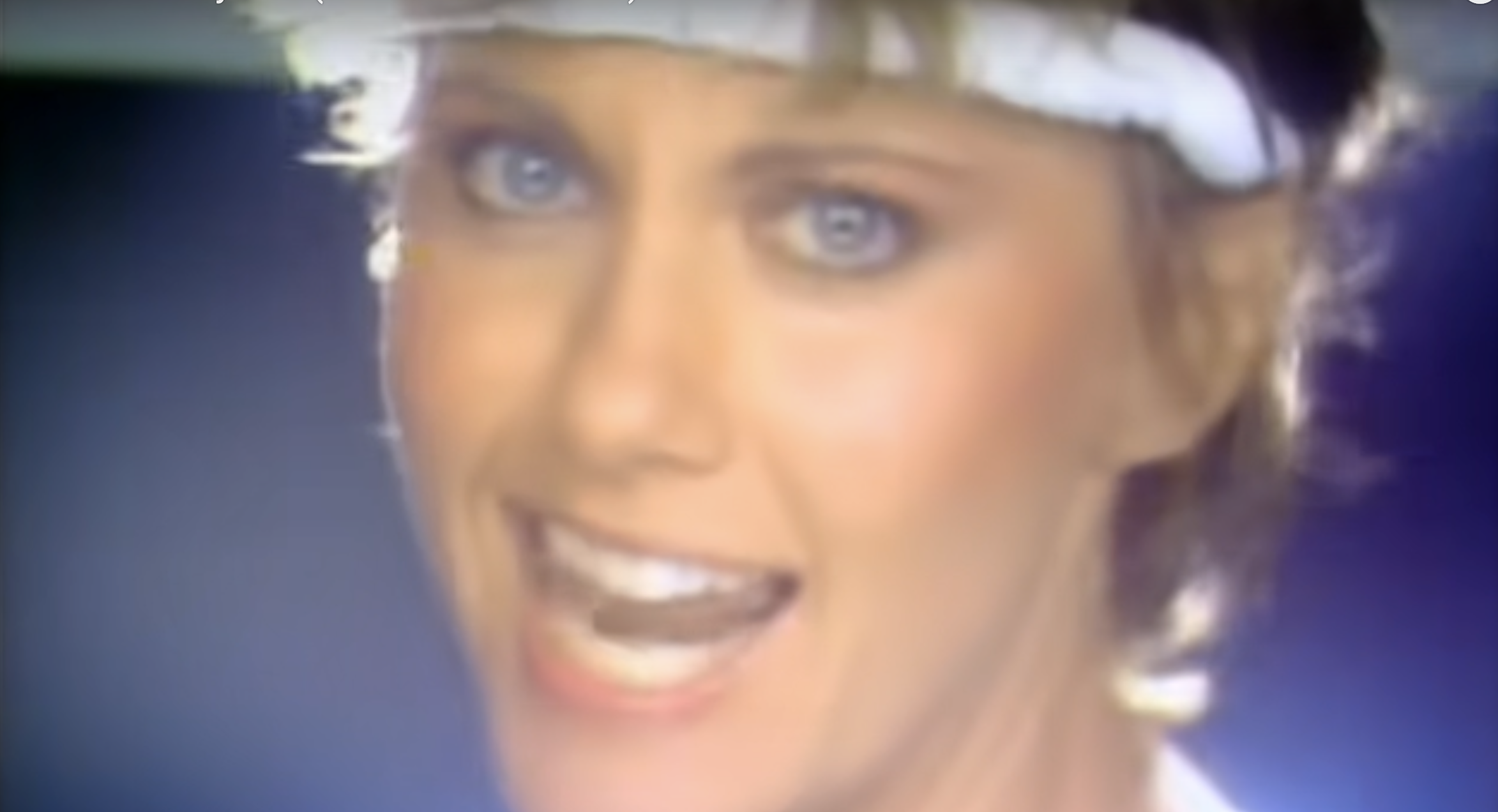
Nowadays, Olivia Newton-John’s Physical is a universally beloved, upbeat workout jam that’s also synonymous with the 80s as a whole. However, it wasn’t always considered kitschy and bubbly. Upon its release, the song was banned from radio stations across Utah, which were all united in thinking the allusions to exercising horizontally were just too suggestive to bear.
This Note’s For You – Neil Young

Neil Young has been an outspoken and no-holds-barred kind of musician for as long as he’s been around. However, more than Needle and the Damage Done, This Note’s for You led to complaints from a very powerful source: Michael Jackson’s lawyers. It turns out, having a guy dressed as MJ in your satirical, anti-corporation music video can lead MTV to ban it. Whoops!
French Kiss – Lil Louis
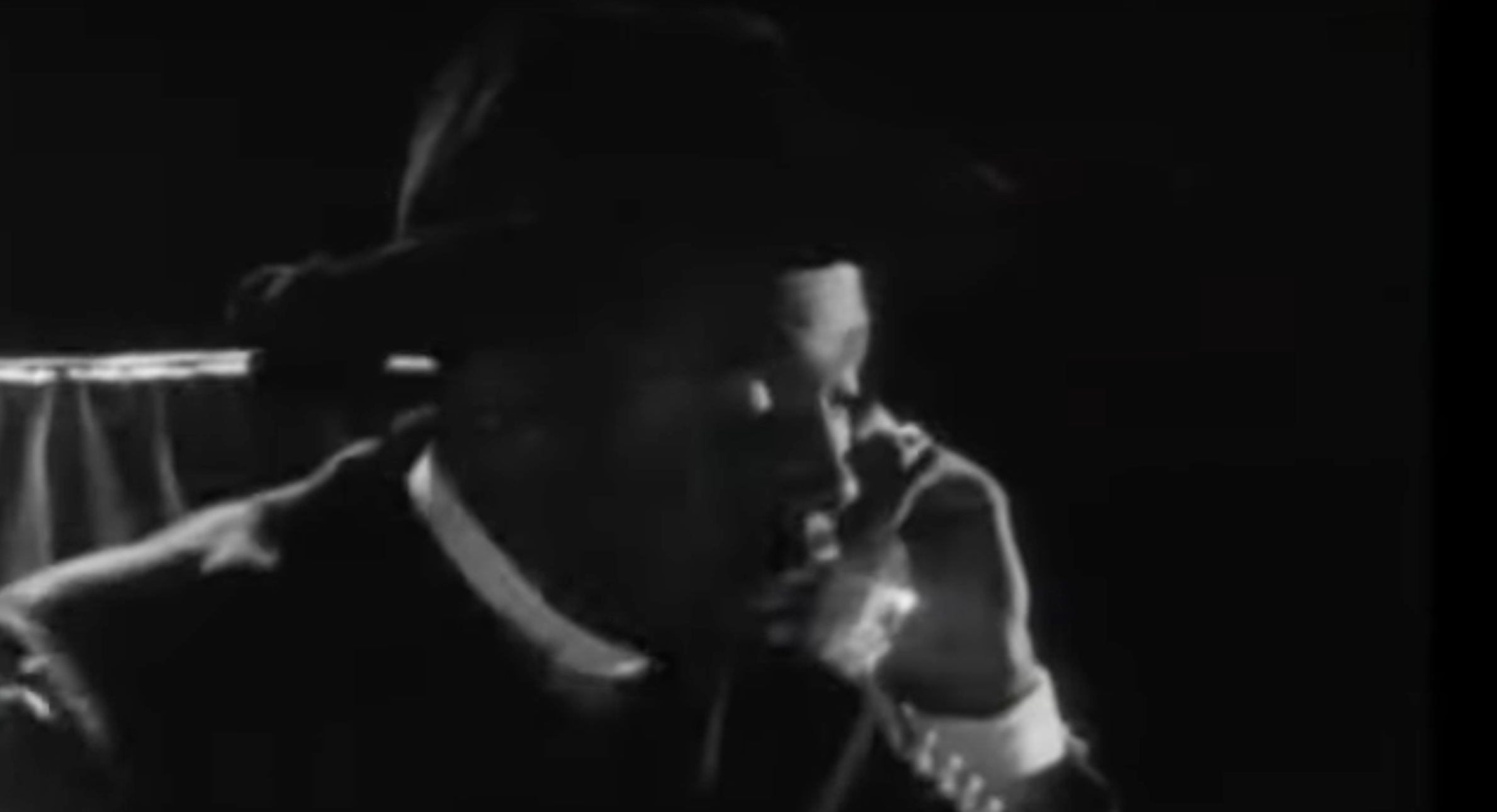
Lil Louis’ French Kiss has a pretty innocent title, but that didn’t stop the BBC from banning it. The song’s use of repeated “heavy breathing” from a female vocalist was enough for the censors to declare that this song about feminine pleasure was far too steamy for listeners’ ears. So much so that Ofcom got involved when one London radio station played it at lunchtime. Yikes!